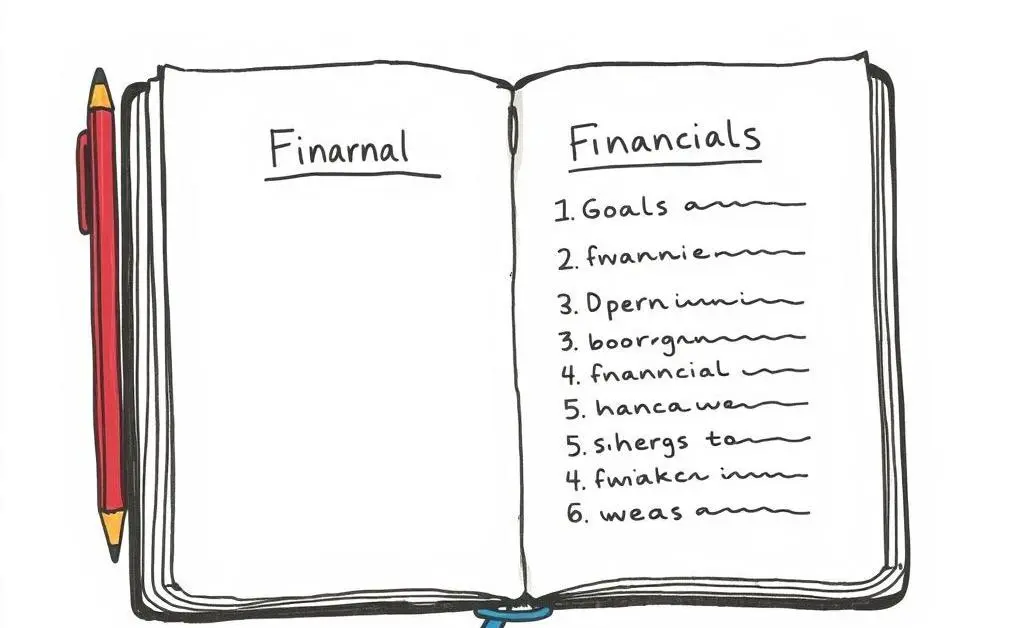Planning for Retirement at Any Age: What You Can Do Now
Explore practical tips for late retirement planning and financial security.

Let’s have a chat about something that definitely isn't the most thrilling dinner conversation, but it’s quietly important: retirement planning. You might think it’s too late to start, or maybe you’ve got a family member who never quite got around to it. The important thing is, there are steps that can be taken—regardless of the starting point.
Understanding Your Current Financial Picture
The first step is to get a clear sense of where you stand financially. This means diving into the nitty-gritty of your earnings, your expenses, and any savings or investments you already have. It’s like dusting off an old map to figure out where you are before you can decide where to go.

This isn't a quick task, but setting down your total income against regular expenses can be quite revealing. Sometimes, the possibilities for savings are hiding in plain sight.
Setting Realistic Financial Goals
Once you know where you are, it’s time to dream just a little bit. What does retirement look like for you? Do you picture cozy mornings in a small town, or maybe an adventure-packed life with frequent travels? Setting specific, realistic goals makes the prospect of saving less daunting and a lot more attainable.

Starting a Late-Stage Investment Plan
If you're starting late, focus on investment options that align with your risk tolerance and time frame. Diversifying into stocks, bonds, or even real estate, could help create a growth-oriented portfolio tailored for late starters. Investor.gov offers resources for those new to investing.
Maximizing Your Savings Potential
Take a closer look at any company retirement programs you might be eligible for. Many employers offer retirement programs with a matching component. If this is available to you, it could be the closest thing to free money you’ll find in this world.

Another smart move can be to redirect any windfalls or extra income (like tax returns or bonuses) straight into your savings. It sounds tough, but it’s easier when you have your eyes fixed on that future reward.
Incorporating Flexibility in Your Planning
Life has its own plan and can often throw curveballs your way. Being able to adapt financially when these occur is crucial. Building an emergency fund can help cushion you from unexpected expenses. Think of it as your personal safety net.
And finally, remember it’s perfectly okay to ask for help. Financial advisors exist for a reason. They can provide insights specific to your situation, guiding you through investment choices and retirement planning.
Your Future Starts Now
In the end, each small step in the right direction can lead to big changes over time. Even if you or someone you know is starting later in life, it’s never too late to make positive adjustments. Reach out to friends, colleagues, or professionals if you feel overwhelmed—sometimes discussing these challenges can lead to new insights and ideas.
Remember, we're all on this journey together, navigating it the best way we know how. Here’s to building a future that feels optimistic and secure!




